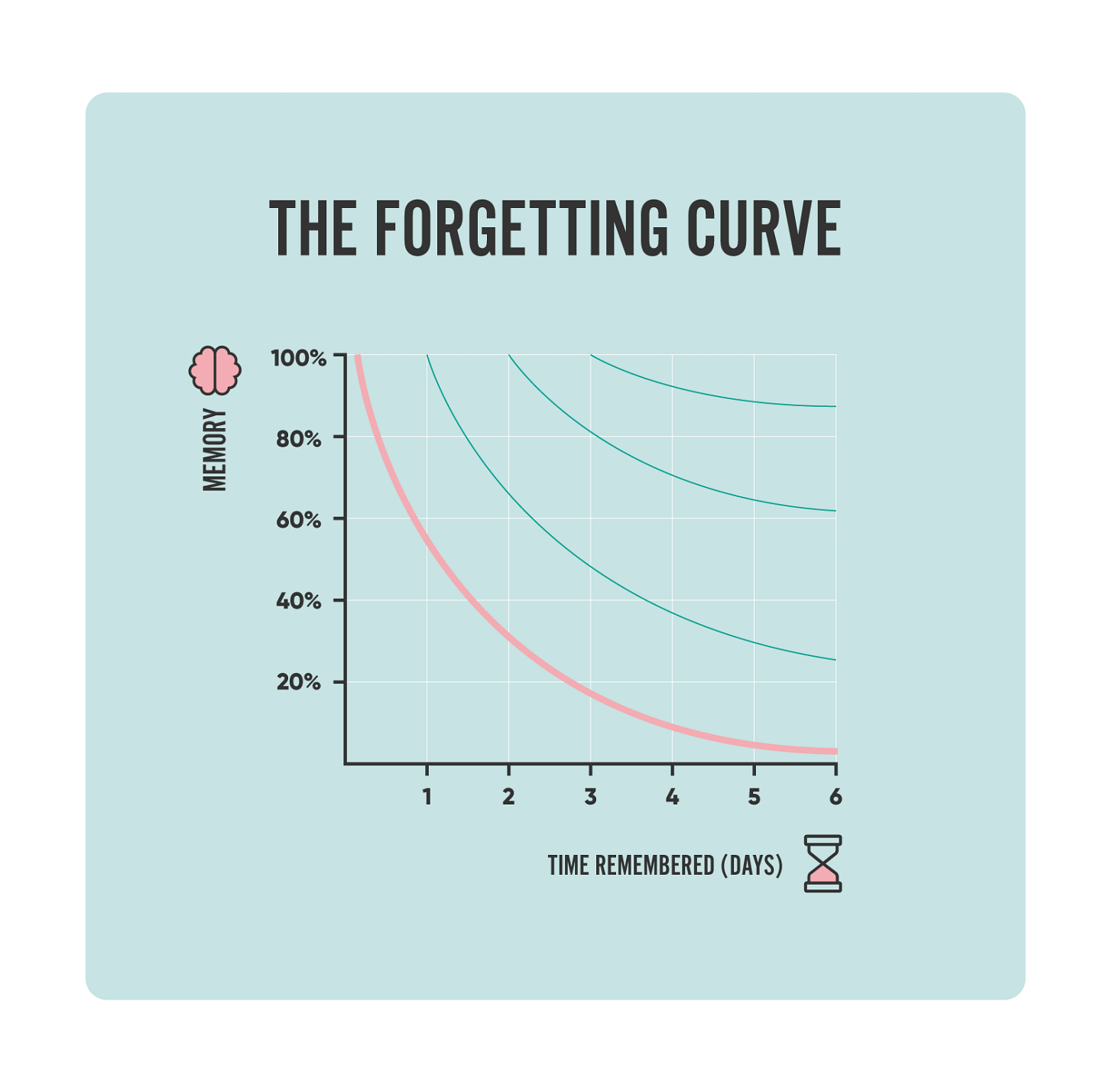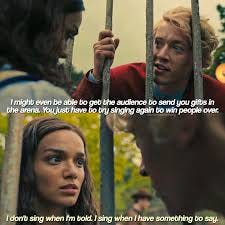Reading a book every day is ridiculous. It’s a controversial take, one that ninety percent of the women on BookTok might fight against, and I would have been offended by at some points in my life. But there is a truth in it, a certain guilt lying in your stomach as you devour yet another novel and cast it aside for the next. You log it on Fable or post a TikTok or Instagram story about it, saying “Wow, I’ve never read a book as good as this before.”
It isn’t as inspiring as BookTok and Bookstagram want us to think it is. It isn’t as hard as they want us to think it is. But just as we are pulled to read the next popular book, we are, unfortunately, pulled to read more and more to keep up with social media’s book buzz.
We aren’t meant to read in this way, chewing through a book with over 200 pages each day. Sometimes more than one. I promise I’m not just hating; I’ve been victim to the trend too. The TikTok-ification of reading goals—in which TikTok intros and YouTube thumbnails proclaim, I read 30 books this month, and these are the three that broke my star ratings, or Out of the 300 books I read in 2024, these are the 25 you should read too—has shifted readers away from enjoying literature and toward merely consuming it.
So, why do we make such large reading goals? It can’t just be to fit in with the groups on social media that have read hundreds of books each year. I’ve never posted a book-related TikTok, but I’ve certainly tried to read a book a day before. In some cases, I feel smarter when I’ve read something quickly. Like… we all knew that one kid in first grade who finished every standardized test within half an hour. You know, the one who wouldn’t even glance over their answers—just put their head down or, worse, pulled out a book and started reading. Maybe we create huge reading goals for ourselves because we just want some sense of accomplishment.
It doesn’t necessarily matter why we do it (at least, not for my purposes), it just matters that we do. Our reading goals are larger than our life expectancy, and with the rate we’re going, we’ll forget everything we read long before then.
Everything is nuanced. I know this, so let me be clear when I say that if you want to pay with both money and time to read a book each day, you’re welcome to do it. I’m not stopping you! But, reading something and knowing something are not the same, and unless you have a photographic memory, you aren’t remembering what you read either.
And doesn’t it feel great to remember all the small details of something you haven’t read in years?
To this point, let’s chat about the science. Hermann Ebbinghaus, a German psychologist in the late nineteenth century, did the hard work for me. Between 1880 and 1885, he conducted a series of experiments in which he tried to memorize random strings of words over a month, testing how quickly he would forget them. He theorized that information is forgotten rapidly after learning, with most forgetting occurring within the first few days. Essentially, you learn something one day, forget most of it within three days, and three weeks later, you likely remember about the same amount as you did after those initial three days.
When I was in fifth grade, my teacher held a surprise Pi Day contest. We spent the entire school day memorizing as many decimals of Pi as possible before competing to see who could recall the most. By the end of the day, I had memorized about 40 decimals—enough to place second in the girls' contest. So, I was baffled when, just a week later, I could only recite about 15. Today, I remember 14 decimals of Pi (3.14159265358979), far fewer than I memorized on Pi Day in fifth grade, yet only one less than what I recalled a week later. The forgetting curve in action!
This applies to books as well. When a reader isn’t actively recalling the content or revisiting the text to refresh their knowledge over time after reading, they forget most of the information they consumed and learned. Think about a book you loved a month ago. Pull it out if you are able! What happens on the first page of that book? Think about it for a second, then flip it open.
Bet you couldn’t remember what happened.
If I may be so bold as to make a general statement, readers want to know about the things they’re reading—and they want to remember it later. To be even more general, humans want to know and remember all the things they enjoy.
Last Wednesday, when Sunrise on the Reaping came out, I blearily scrolled through TikTok only a few minutes after my alarm had woken me up. I read all the text on my screen, processed the MAJOR spoiler in front of me, and then checked how long the book had been out. Six hours.
One of the main themes Collins makes a critique of in her novels is consumption. The Hunger Games novels are a call to action in opposition of consumerism, so a certain irony lies in reading the entire novel before others have the chance to buy it.
A primary tenet of dystopian fiction, like The Hunger Games, is that the secondary world in the novel is always rooted in and commenting on the primary world it reflects, which is always Earth. In The Hunger Games, Collins bases the thirteen districts of Panem on the thirteen original American colonies and highlights corruption through class systems and tyranny. Therefore, it is easily inferred that Collins' critique of consumption reflects our own greed—in purchasing, entertainment, and in reading. It would be hard to argue that America does not love entertainment and media consumption.
For example, the Capitol citizens in The Hunger Games watch the games year after year, continuing to dress in extravagant and offensive glamour. They celebrate the tributes’ presentations in parades and on television, constantly partying. They consume entertainment throughout the novel, finding joy in watching the games each year and wanting to know everything about them, yet they never question the games themselves. Throughout the series, the people in the Capitol, aside from a few prominent characters, are depicted as a mass of overdressed individuals who 'love' Katniss and Peeta—yet not enough to fight for the games to end.
It's called The Hunger Games, because the Capitol citizens—and Americans—are always hungry for entertainment.
So, it’s time to put the stack of books down, and pick up a pen and paper. If you’re going to remember and learn from what you’re reading, it’s time to lock in.
Try to read everything in the book! No more skimming or skipping over the boring parts. Try annotating things that you find interesting, questions you have, vocabulary that you don’t know. Think about the challenging parts of what you’re reading; why did the author write in this way? And make sure that the book you’re reading is something you care about, try to have a passion for the books you choose to consume. Take your time with it, savoring the experience. You’re incapable of reading all the books in the world, so why not take the time with the ones you can?
I saw a TikTok this week that said The Hunger Games series was written in a pattern1. Regular hunger game, quarter quell, and then a rebellion. Ballad of Songbirds and Snakes is about a regular hunger game, Sunrise on the Reaping is about a quarter quell, and the next novel would be about a rebellion.
We continue to ignore Collins’ point in writing these novels, and her goal is not to write another book about our corrupt systems. I’d like to argue that we are meant to be the rebellion.
I spent around 20 minutes trying to find this video on TikTok and somehow I couldn’t. If you can find it, let me know in the comments!
Currently reading:
Sunrise on the Reaping by Suzanne Collins (pg. 141/382)
Recently finished reading:
If Beale Street Could Talk by James Baldwin
Yellowface by R.F. Kuang








Couldn’t not agree more!! Books are an art we should savorrr !! And reading should be enjoyable not stressful
what a thoughtful and well-written post! I always get so incensed about people skimming books or skipping parts just to finish them faster. I want to engage with a text and try to understand it. thank you for writing this, it was a great read!